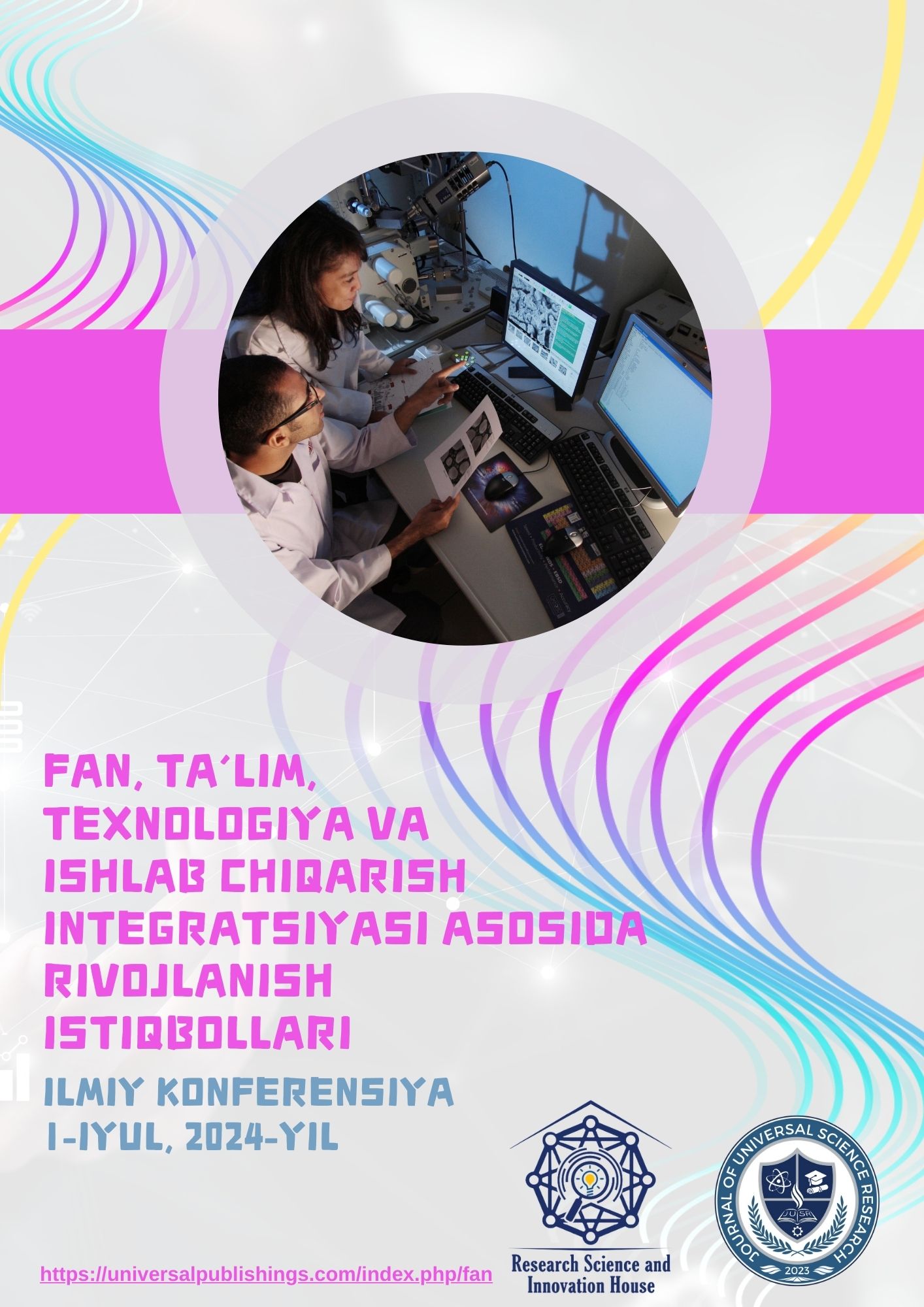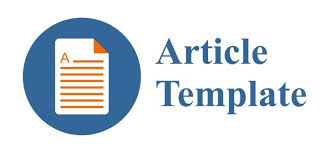STRATEGIES FOR ANALYZING ACADEMIC TEXT
Keywords:
Academic text analysisAbstract
This article, Strategies for Analyzing Academic Texts, provides a
comprehensive overview of methods for critically engaging with scholarly
works. The author emphasizes the importance of carefully reading and
evaluating texts, identifying key arguments, and assessing the quality of
evidence and methodology used. A key strength of the article is its thorough
discussion of how to place texts within their broader academic and intellectual
contexts, allowing readers to understand the work’s significance in the field.
Additionally, the article offers valuable strategies for reflecting on the text’s
limitations and ethical considerations, ensuring a well-rounded analysis. This
resource is particularly useful for students and researchers looking to enhance
their analytical skills and engage more deeply with academic literature.
References
1. Brown, J. R. (2018). Understanding academic writing: A guide to reading
and analysis. Oxford University Press.
2. Doe, M. L. (2020). The role of evidence in academic research. Cambridge
Scholars Publishing.
3. Green, T. F., & White, A. M. (2017). Critical thinking and academic
inquiry. Routledge.
4. Johnson, P. (2019). Methodological approaches to academic research.
Harvard University Press.
5. Smith, R. D. (2021). Evaluating arguments in scholarly texts. Springer.
6. Khusanova, M. (2023). HISTORY OF USING TESTS IN
MONITORING THE LEVEL OF QUALIFICATION. Science and
innovation, 2(B7), 17-21
7. Mahira, K. (2024). METHODOLOGICAL PROBLEMS FOR A
FOREIGN LANGUAGE TEACHER: MONITORING AND
ASSESSING SKILLS. Multidisciplinary and Multidimensional
Journal, 3(10), 10-15.
FAN, TA’LIM, TEXNOLOGIYA VA ISHLAB CHIQARISH
INTEGRATSIYASI ASOSIDA RIVOJLANISH ISTIQBOLLARI
200
8. Mahira, K. (2024). TEACHER ASSESSMENT: HISTORICAL
DEVELOPMENT AND RESEARCH. INTERNATIONAL JOURNAL
OF EUROPEAN RESEARCH OUTPUT, 3(11), 45-49.
9. Xolmurodova, S., & Khusanova, M. (2023). TEACHING WRITING IN
ENGLISH. Научный Фокус, 1(1), 1173-1175.
10.Iroda, B., & Mohira, H. (2023). EFFECTIVE PRONOUNICIATION
TEACHING IN ENGLISH LANGUAGE. O'ZBEKISTONDA
FANLARARO INNOVATSIYALAR VA ILMIY TADQIQOTLAR
JURNALI, 2(19), 700-703.
11.No, P. Didactic Conditions for the Formation of Discussion Competence
among Students.
12.Mokhira, K. (2023). HOLISTIC SCORING AS A GRADING
METHOD. International Journal of Contemporary Scientific and
Technical Research, 493-495.
13.Mokhira, K. (2023). THE IMPORTANCE OF DIFFERENT SUB–
SKILLS THAT ARE INVOLVED IN PARTICIPATING IN A GROUP
DISCUSSION. International Journal of Contemporary Scientific and
Technical Research, 496-499.
14. Qizi, K. M. S. (2022). Learning new content material through
cooperative group discussions



